Astarta Agro-Industrial Holding at a Time of War: Food Security with a Focus on Sustainability
During the two years of the full-scale invasion, Ukrainian agri-businesses had to come through some severe trials. Amid never-ending changes of economic environment, Ukrainian agricultural sector, on a daily basis, faces complex challenges and finds the right solutions, quickly adapting to the new normal of declining product prices and shrinking exports. Each of these wartime challenges is a threat to food security of the country.
And yet, despite the unprecedented hardships, Ukrainian agri-businesses remain afloat and continue growing. Case in point, Astarta Agro-Industrial Holding demonstrated a 13% milk sales growth for 2023. Better yet, the sugar refining season was the company’s best in five years. At the same time, the taxes paid for 2023 were 22% above the prior year.
On top of pure business considerations, Astarta places a large premium on sustainability, including environmental matters. Olena Volkova, PwC Ukraine Partner, discussed with Viktor Ivanchyk, Astarta Agro-Industrial Holding Founder and CEO, how Astarta manages to stay successful across multiple areas in today's challenging environment.
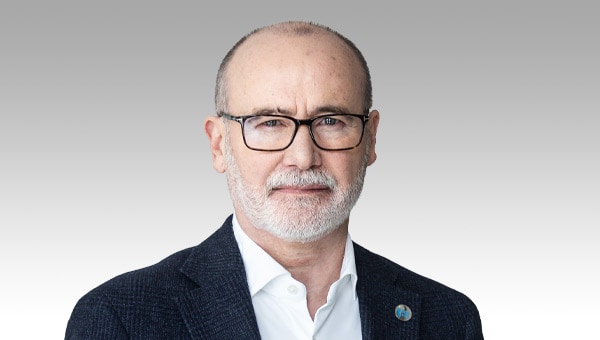
Viktor Ivanchyk
Astarta Agro-Industrial Holding
Founder and CEO
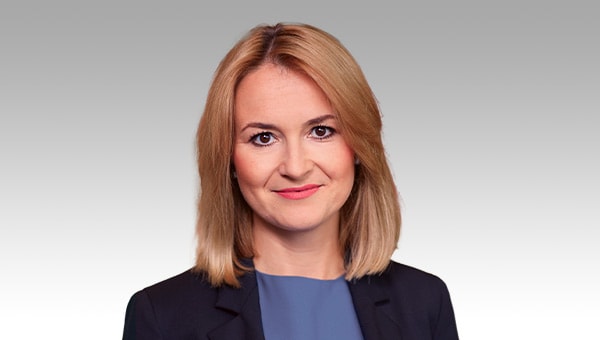
Olena Volkova
PwC Ukraine
Partner
Viktor, to me, Astarta is, first of all, a business that has successfully adopted and followed sustainability principles for many years. This is why I wanted to focus on ESG components in our conversation. But let’s talk about something else first. People are at the heart of any business. As a socially responsible business and an employer with 7+ thousand people headcount, what was your response to the full-scale invasion?
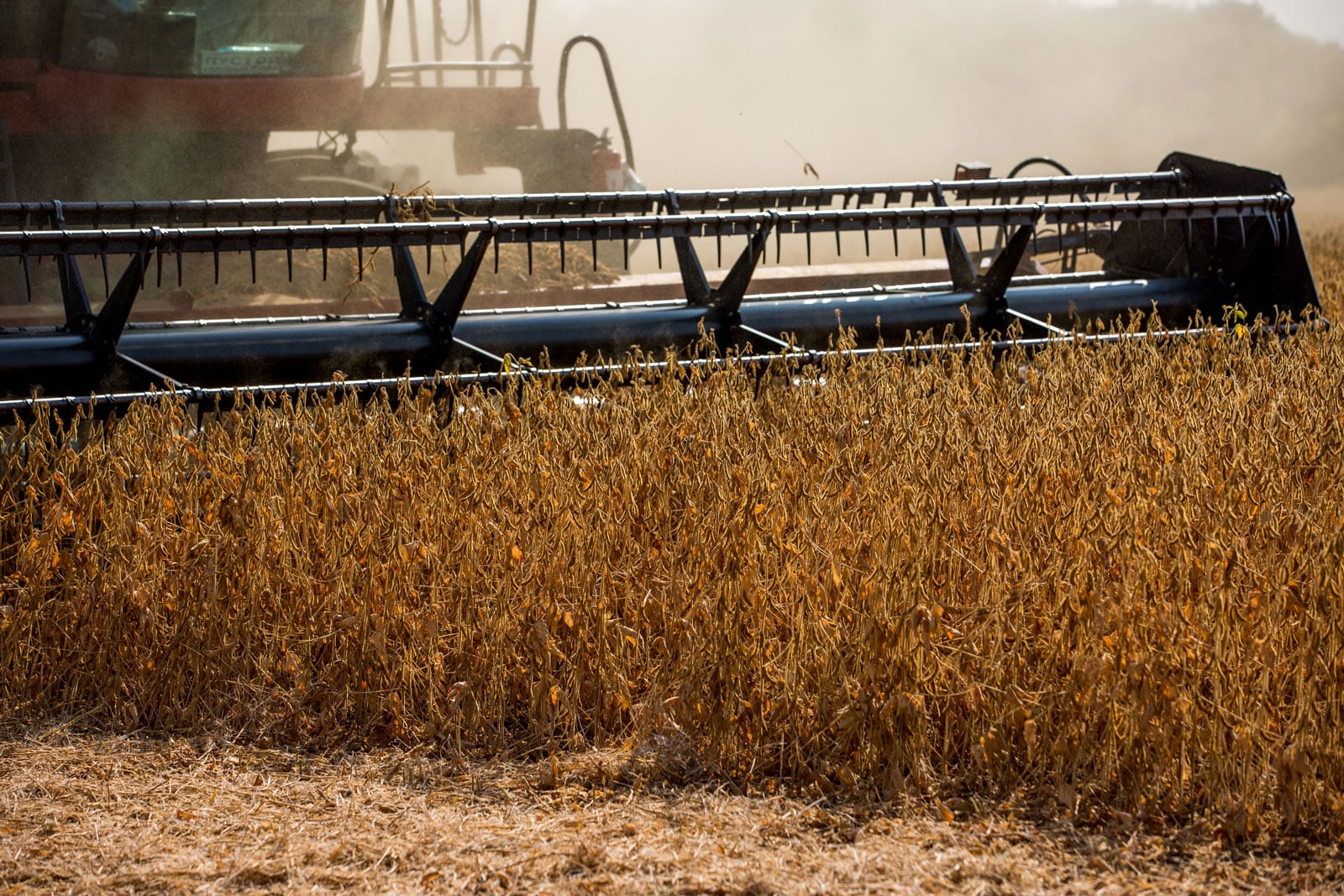
“We place a special focus on safety, maintaining the physical and mental health of our people, we support the Armed Forces and we actively engage with communities”
I agree, people are our first and unconditional priority, and two years of the full-scale war have only reinforced our stance. Without any doubt, we place a special focus on safety and maintaining the physical and mental health of our people. We continue supporting the hundreds of our mobilised employees, veterans and their families, and the Ukrainian Armed Forces. Similar to any other responsible business in Ukraine, we support those who have lost their livelihoods to the war. We actively engage with communities, develop the humanitarian ecosystem, in particular, the regional entrepreneurship development (grant-funded educational programmes: Heading Towards Independence, The Brave Ones, The Wings), and implementation of the Resilience programme.
The range of these and other initiatives is quite wide and requires us to take systematic and structured approaches and update them in response to current challenges. This is why we created Common Help Ukraine – a humanitarian programme – in March 2022. We involved our international and Ukrainian partners to work together on several projects and we have already provided over UAH 1.07 billion of aid to more than 830 thousand Ukrainians in need.
Now moving on to sustainability. I know that Astarta has focused on this area for many years running and was ranked among the Top 3 global leaders in Agriculture by a prestigious ESG rating back in the day, while you personally won an international UN Global Compact competition in SDG Pioneer for Sustainable Business Strategy for your accomplishments in promoting the Sustainable Development Goals. What impact has the full-scale war had on Astarta’s ESG strategy, which is – to quote yourself – the philosophy of your business?
“Astarta was the first agri-business in Ukraine to obtain climate finance from EBRD and the Clean Technology Fund during the full-scale war in 2023”
It is true that our efforts have earned us recognition – not only from global ESG rating agencies, such as Sustainalytics, Ecovadis, CDP, UN Global Compact, but also from our international financial partners. Astarta was the first agri-business in Ukraine to obtain climate finance from EBRD and the Clean Technology Fund during the full-scale war in 2023.

What are your current ESG strategic priorities underpinning your business operations?
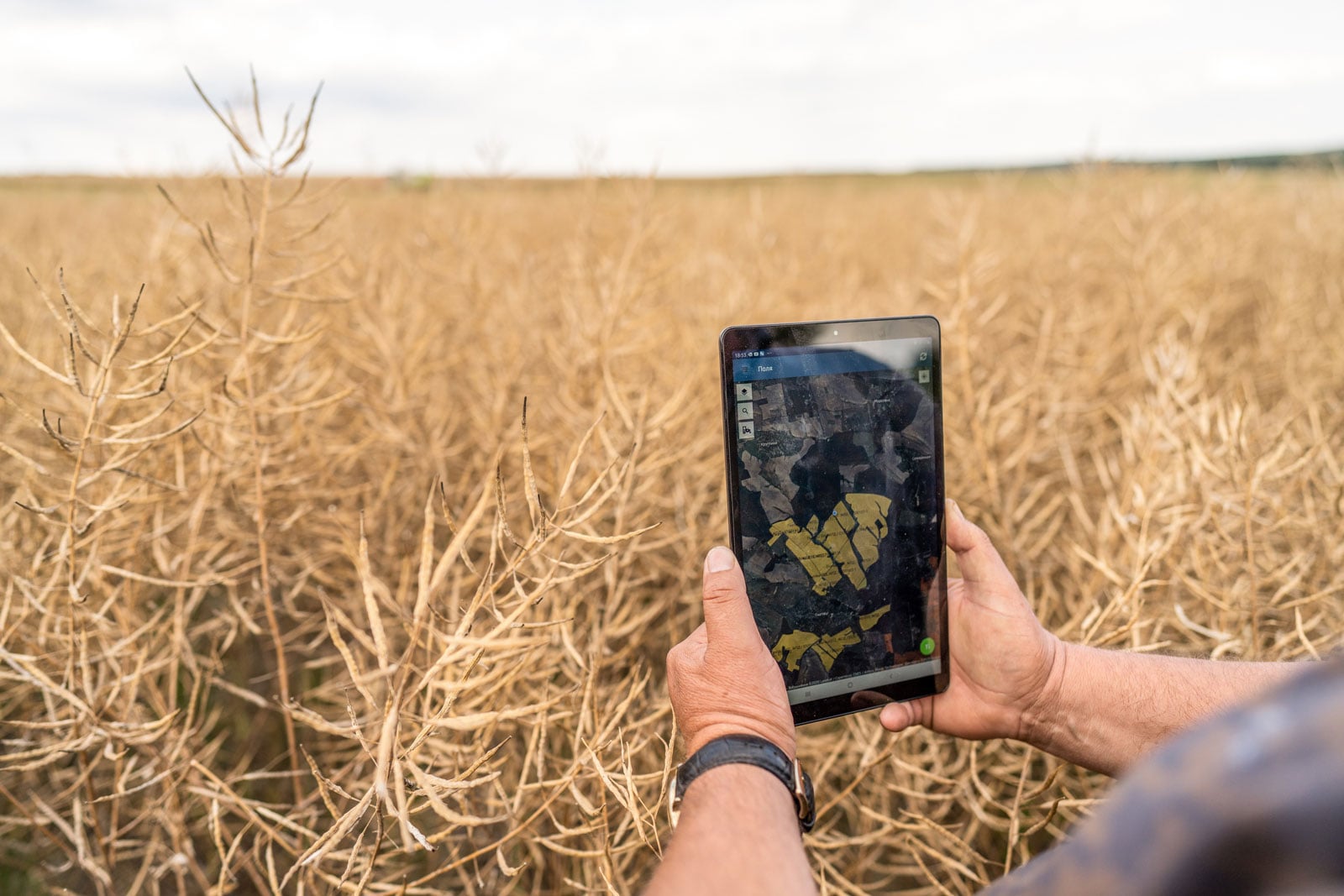
“We focus on conserving land resources for future generations to come”
We currently prioritise digitisation, energy independence, automation of all processes, adoption of cutting-edge technology and engineering solutions.
We focus on conserving land resources for future generations to come by moving from traditional practices to precision farming and renewable agricultural practices that have become a global trend. To adopt these practices, Agrichain - our in-house IT company - has developed an in-house agri-business management software suite.
We started on our path towards climate adaptation and mitigation supported by Cool Farm Tool, the custom software developed by the global scientific community to reduce carbon emissions in agriculture.
In food processing, we prioritised increasing the share of renewable energy sources in our energy balance by growing our biogas production and transitioning from fossil fuels to biomass fuel.
Yes, I can see that Astarta has been growing its share of alternative energy sources despite the ongoing war. In particular, the output of biogas generated has demonstrated 8-fold growth against 2021. Could you tell me more about your medium-term environmental strategy?
We carefully monitor global climate change efforts and make our contribution to tackle this problem. Last year, we approved a decarbonisation strategy for the holding. Its key pillars are scoping regenerative farming practices, improving the energy efficiency of production, and using alternative energy sources.
The action we intend to take by 2030 will help improve the health of the soil, decrease the use of fertilisers and energy in production, and reduce the holding’s GHG emissions by 44%.
Another project, Sustainable Procurement, that we are currently implementing together with our partners, will reduce indirect GHG emissions, Scope 3, in Astarta’s supply chain.

What aspects of sustainability, in your opinion, should Ukrainian businesses focus on now, in the context of preparations for Ukraine's accession to the EU?
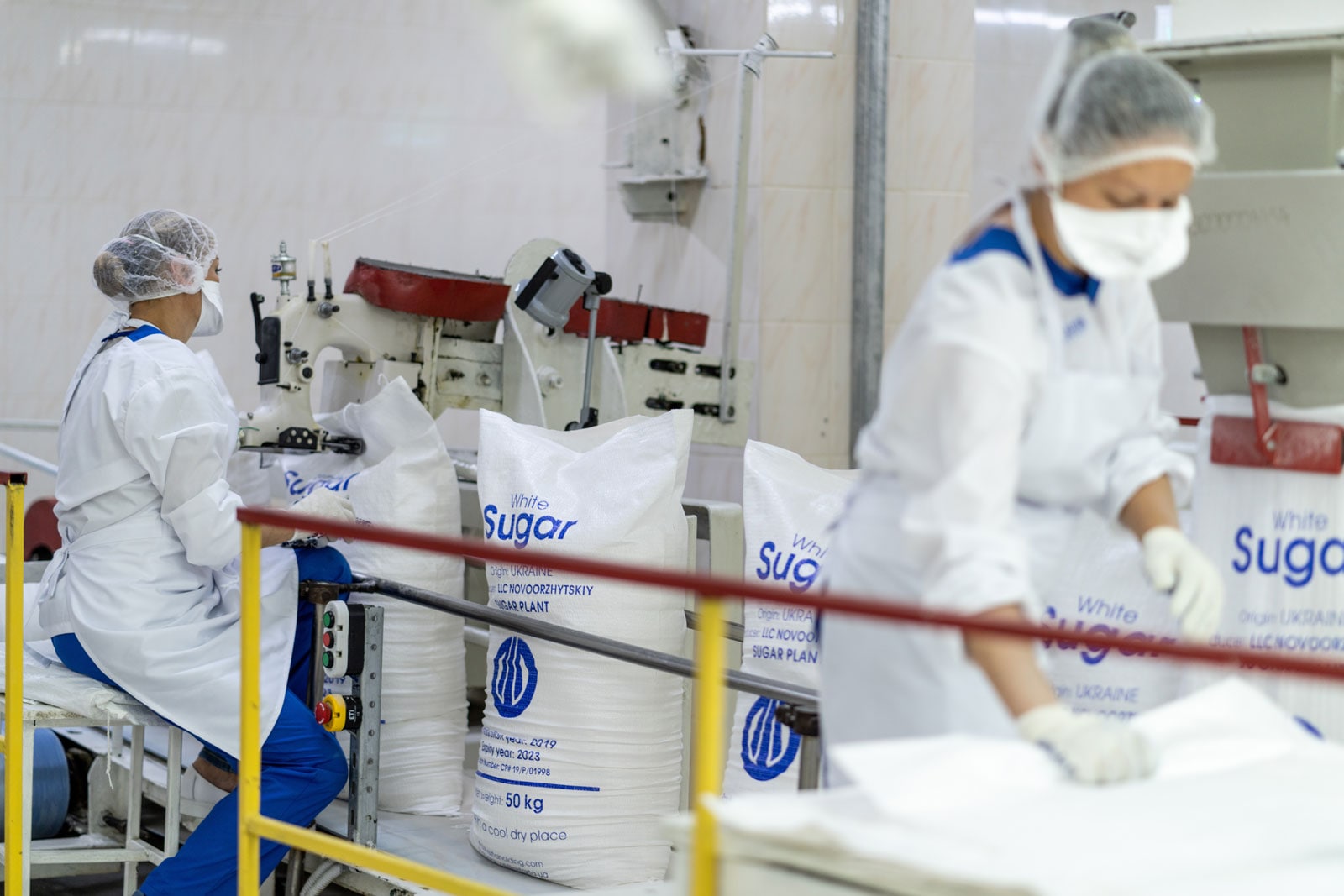
“Incorporating the European Green Deal targets as priority goals of Ukrainian government and businesses alike is critical for post-war recovery”
If we are talking about the integration of the agricultural sector into the EU market, it is essential that Ukrainian producers endorse the European Green Deal goals and one of its key components, being the Farm-to-Fork strategy.
The F2F strategy aims to transition from the existing food strategy of the EU towards a more sustainable framework with a neutral or positive environmental impact that helps mitigate and adapt to climate change, stop biodiversity losses, and to ensure the security of food, nutrition, and public health.
Incorporating these targets as priority goals of the Ukrainian government and businesses alike is critical for post-war recovery.
Thank you very much for this powerful conversation. I would like to take this opportunity to also thank you for Astarta’s continued focus on both supporting the food security of Ukraine and protecting our environment.
Astarta Agro-Industrial Holding at a time of war
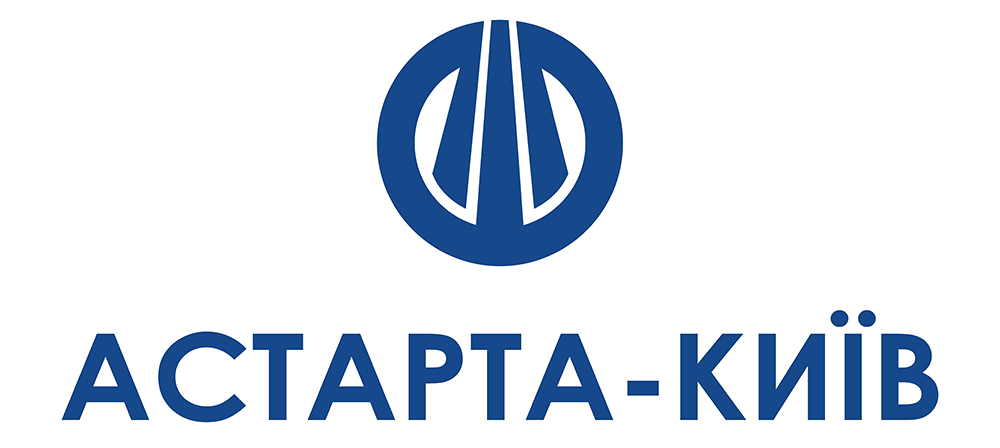
- Astarta-Kyiv was founded in 1993. In 2006, it became the first Ukrainian agricultural company to conduct an initial public offering of its shares on the Warsaw Stock Exchange.
- The main business areas today include crop farming, sugar production, dairy, soy processing, and bioenergy. The company manages nearly 220,000 hectares of agricultural land.
- The holding pays significant attention to sustainable development issues and in 2021 entered the top three leaders of agricultural companies in the world according to the ESG rating from Sustainalytics.
- Biogas production increased by 8 times in 2023 compared to 2021.
- In 2023, Astarta received financing from the EBRD and the Clean Technology Fund related to achieving climate goals.
- In March 2022, Astarta, the "Believe in Yourself" Foundation, and partners launched the humanitarian project Common Help Ukraine to support the Armed Forces of Ukraine and aid Ukrainians affected by the war.
Наші контакти







